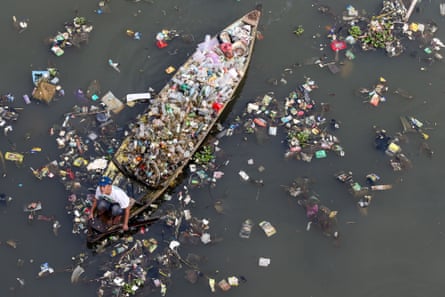EPA - November 20, the U.S. Environmental Protection Agency launched a new, no-cost technical assistance effort focused on reducing exposure to perfluoroalkyl and polyfluoroalkyl substances (PFAS) and other emerging contaminants in small or disadvantaged communities. This initiative is part of EPA's Water Technical Assistance (WaterTA) program. The Tackling Emerging Contaminants initiative will help eligible public drinking-water systems evaluate emerging contaminant issues, conduct initial water quality testing, and identify next steps in 200 small or disadvantaged communities over the next three years. EPA will also share best practices and amplify successes through case studies, fact sheets, webinars, and other resources regarding addressing emerging contaminants, including PFAS.
"The Bipartisan Infrastructure Law is providing a focused opportunity to help small and disadvantaged communities address PFAS and emerging contaminants to ensure that drinking water is clean and safe for residents," said EPA Principal Deputy Assistant Administrator for Water Bruno Pigott. "By working hand-in-hand with local partners, the Tackling Emerging Contaminants initiative will help ensure that historically underserved areas have access to safer drinking water that is essential for healthy and vibrant communities."
President Biden's Bipartisan Infrastructure Law has provided an unprecedented $50 billion to improve water infrastructure across the nation. Of this funding, $5 billion is dedicated to the Emerging Contaminants in Small or Disadvantaged Communities (EC-SDC) grant program, which supports this latest technical-assistance initiative.
EPA's free water technical assistance initiatives help communities identify their water challenges, develop plans, build capacity, and develop their application materials to access federal funding. The Tackling Emerging Contaminants initiative builds on EPA's robust suite of technical assistance programs and includes diagnostic water quality sampling and analysis, source water assessment, preliminary treatment design and evaluations, operational and sampling training, and identifying solutions to address emerging contaminants and PFAS contamination including community engagement and outreach support.
In April 2024, EPA issued the PFAS National Primary Drinking Water Regulation to protect communities from exposure to harmful PFAS, also known as "forever chemicals." Exposure to PFAS has been linked to adverse health impacts that include some cancers, liver and heart disease, and immune and developmental damage to infants and children.
Communities can learn more about EPA's new Tackling Emerging Contaminants initiative, on EPA's WaterTA website.
